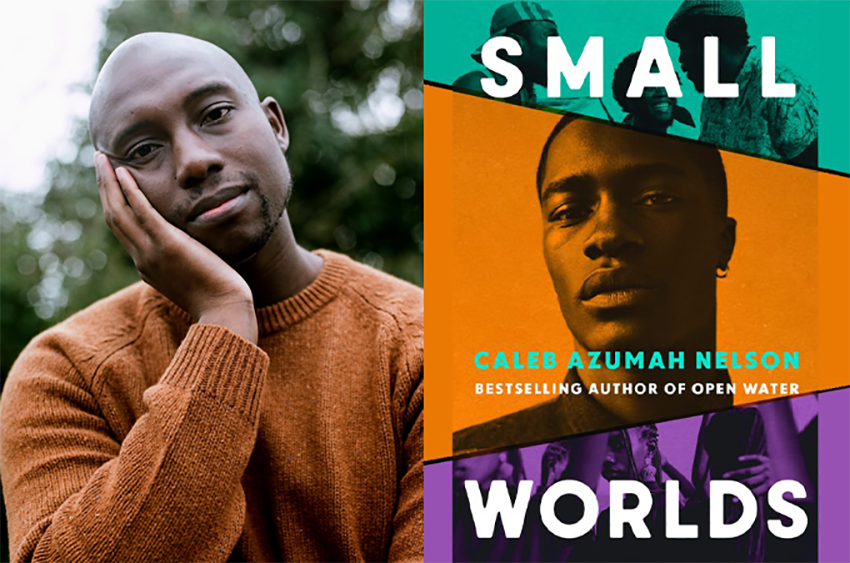Review: Small Worlds by Caleb Azumah Nelson
This novel might’ve been something different, especially as the author is a young black man from London. In an attempt to make a point about society, or for the effect of dirty realism, he might’ve focussed on crime or gangs, or the divides between races and between angry fathers and sons. This might have tended towards cliché, or at least well-worn territory.
Instead, there is an extraordinary amount of tenderness here: the tenderness between a teenage son and his mother, between brothers, between teenage lovers and spouses, even if one is seeking solace elsewhere amidst the pressures of an immigrant life in London. There is tenderness even in a father not speaking to his son, not knowing how to say how he feels, a silence not of indifference but of a love that is frustrated. Too often fiction exploits the explosive tension in family and society; here, the healing is at the fore.
The novel’s narrator is Stephen, a young black man from London, fresh out of high school. He’s an aspiring musician, keen to study music at university, with a girlfriend aspiring to the same. His parents emigrated from Ghana, to which they return every year for a holiday. Theirs is a common immigrant experience – working hard, feeling alienated, and sometimes set upon, belonging to a new city but not belonging, being gradually estranged from home. The novel explores how they grow and love despite this.
It’s a London summer novel, set in the early 2010s. There is lounging on parkland grass, hanging out of windows to catch the breeze. There are parties and gigs. Stephen comments repeatedly that dancing fixes everything, and his life is lived to a soundtrack of hip hop, soul and jazz. (Caleb Azumah Nelson is particular about what songs his protagonists are listening to, and as with his first novel, there is a playlist on Spotify of all the songs he mentions.) Stephen and his friends lose themselves in basslines thudding in chests, and in the risk and reward of jazz. Songs match feelings, sometimes happy, sometimes in a minor key. When he is feeling blue, away from home at uni, Miles’ Kind of Blue is solace.
Nelson writes in present tense (and has a section in second-person narrative, like his first novel), emphasising the immediacy. Sentences are rhythmic, phrases return like jazz melodies through the improvisation of the plot. He has a way of describing the aches of youth, the feelings of being lost in music, how putting a record on is filled with expectation, of either the new or familiar, how the future can yawn fearfully, the opportunities sometimes like emptiness, how young adulthood feels like holding onto moments at an age when they are receding fast, before adulthood proper when you realise that is just the way life is.
Music links Stephen to his parents’ homeland. Music links generations. After falling out with his father over university and his life’s direction, going through his father’s record collection with his father makes amends. His parents listen to gospel on Sundays. They gather in living rooms to pray. While Stephen has, he says, lost his faith, he still respects the church, knowing how it saw his parents through. Church for them is a small gathering where it is safe to hope and pray for better. Even though Stephen has left the church, it colours the way he looks at things; he talks about music in terms of transcendence and belief and true self. He sees music as a way to bring out what is under the surface.
There is inevitable distance between generations, but a reaching towards not away, a recognition of what they have in common. Stephen is testing his own path but wanting also to continue his parents’ traditions and understand their history. The story contains youthful romance, but is as much about love in families, the way love is expressed through shared experience – of music, food, the plot twists of life.
Nick Mattiske blogs on books at coburgreviewofbooks.wordpress.com and is the illustrator of Thoughts That Feel So Big.












